If this piece were too long, people would think it was written by a machine.
So here follows a short photo story of my existence in 2025 …
2025 began, like just about every year in the past decade, at Kaohsiung’s Love River.
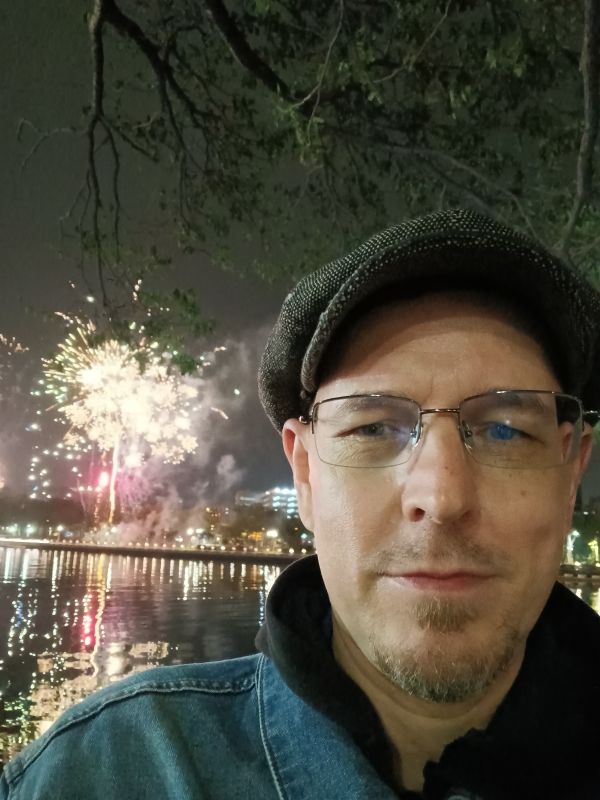
The first day was spent at the remains of an old village in the middle of the industrial area of Kaohsiung.
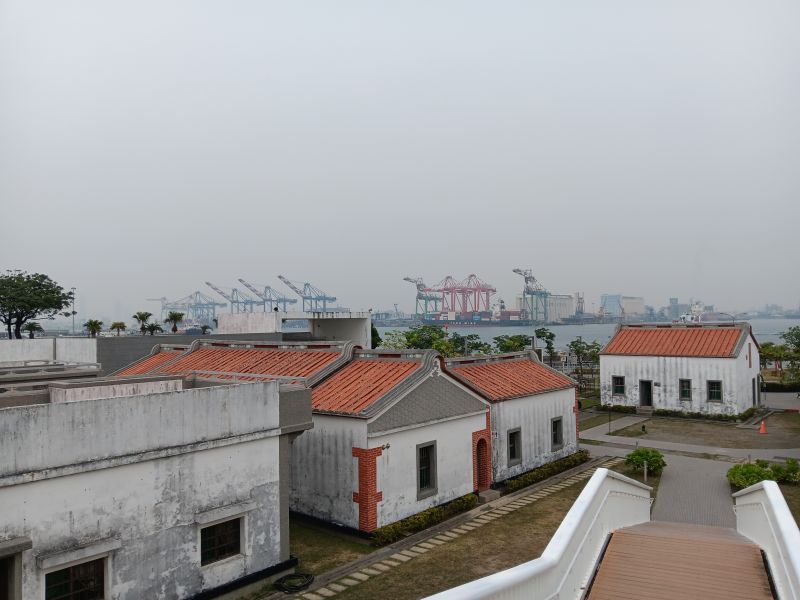
In February we went to South Africa, for the first time since before the thing that happened in 2020. On the way, we spend a few hours in Hong Kong.
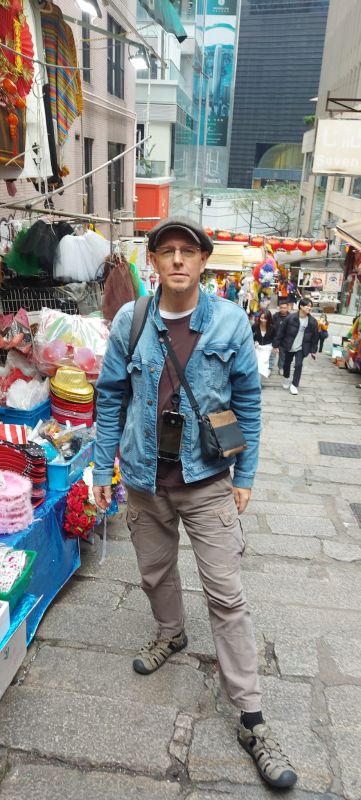
In March we headed in a random direction one Sunday afternoon and then Googled, “Coffee shop near me.”

In April I discovered a fishing village about a thirty-minute drive from our apartment.
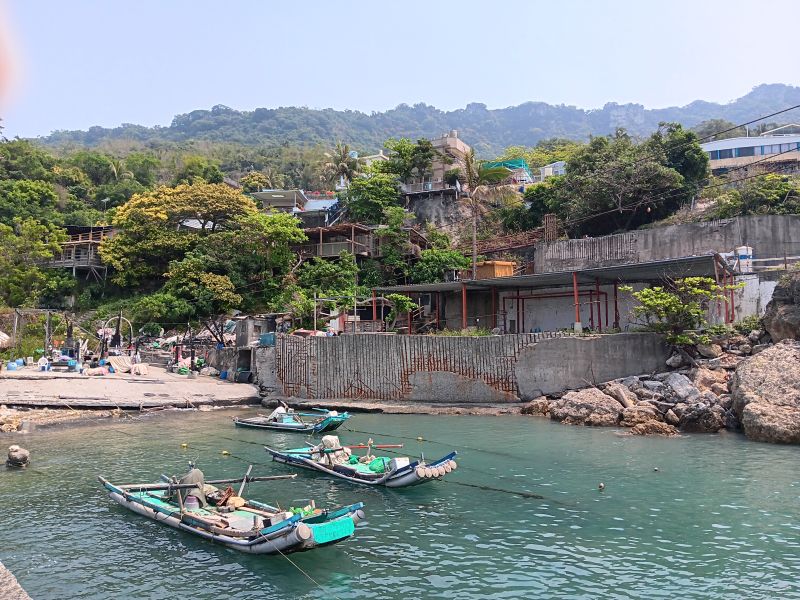
In May, I made an appearance in one of Kaohsiung’s top universities to talk to students about the rest of the world – on which I am of course an expert because I come from the rest of the world.
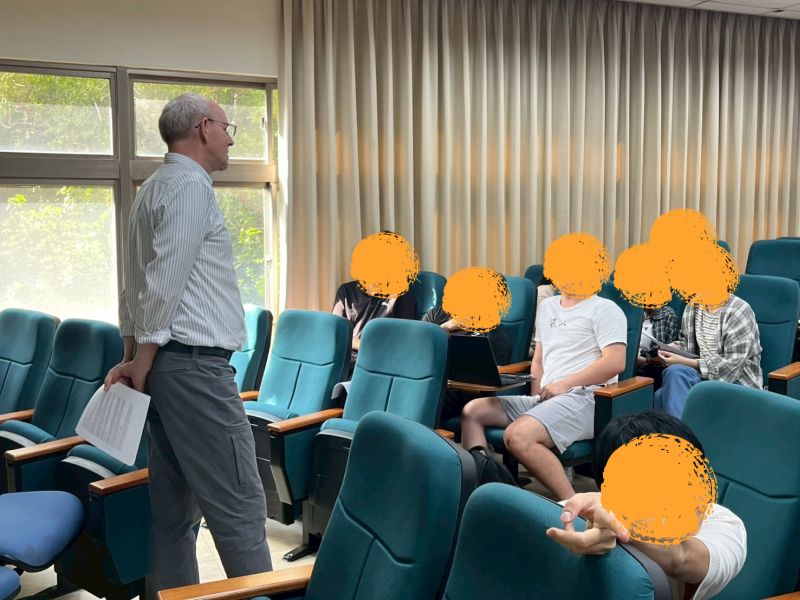
Also in May it was time again to visit Tainan – the oldest city in Taiwan.
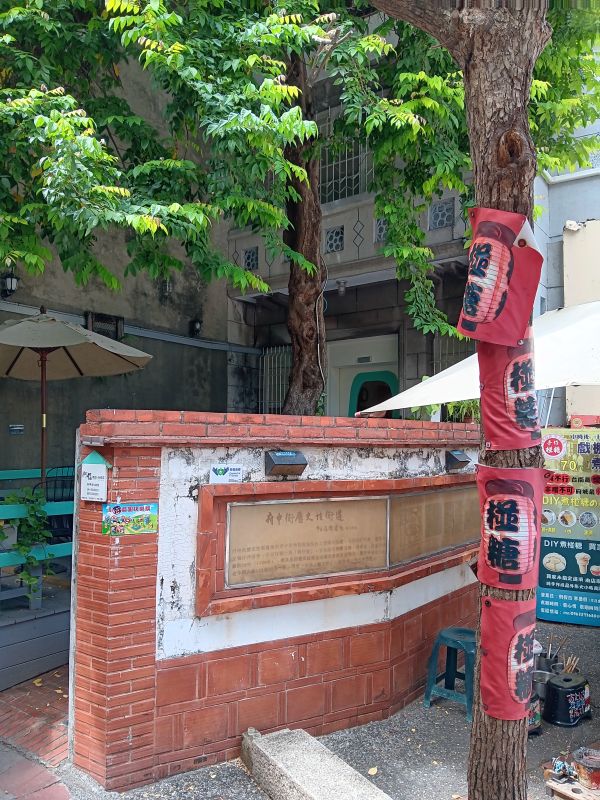
In June, we enjoyed Italian food on the campus where I made a short appearance in May, to celebrate turning a year older. Also discovered on the campus: one of Chiang Kai-shek’s many cars.
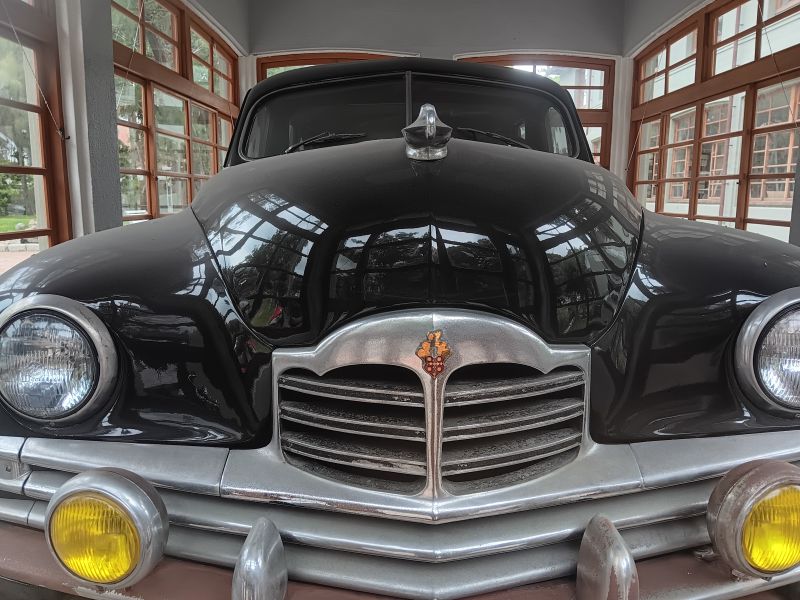
On the way back we were caught in an ugly downpour and we were left with no choice but to stop for snacks.

Taitung was our choice for a mid-year break.
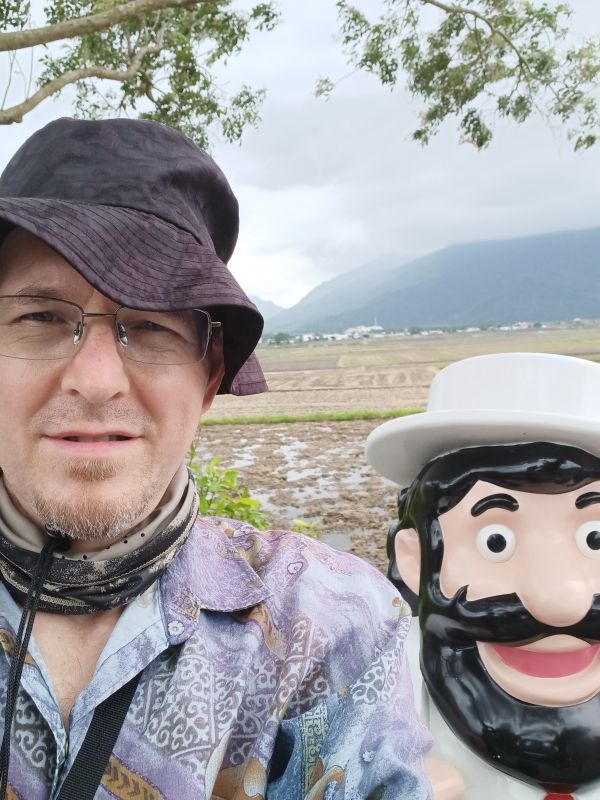
In August we visited IKEA.

In September, I photographed myself in an empty classroom …
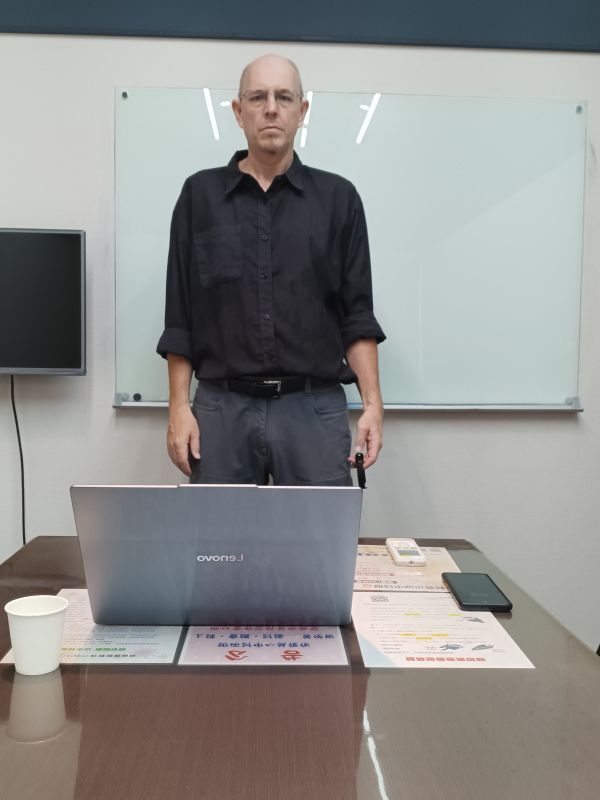
… and we viewed pretty boring art in Kaohsiung’s pretty boring art museum (maybe I should have taped a series of my classroom selfies to an empty wall in an empty room).
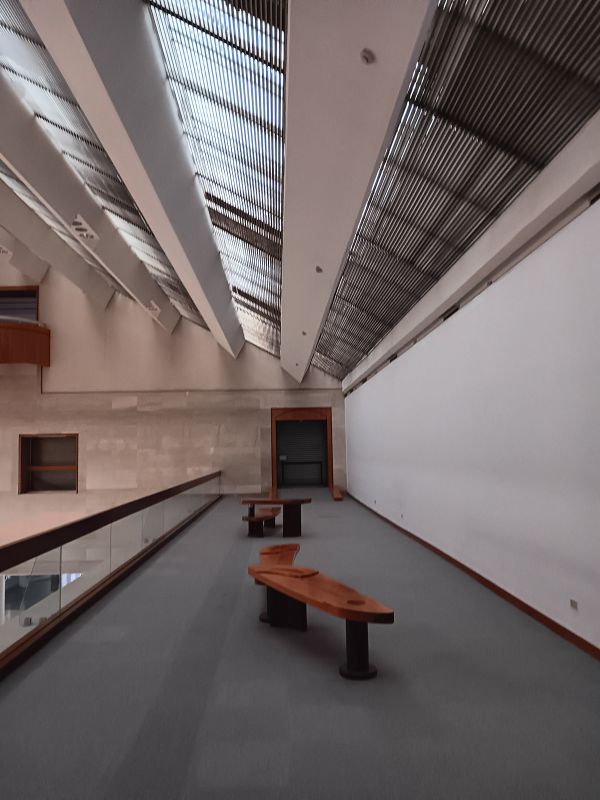
In October I photographed at least one old building …
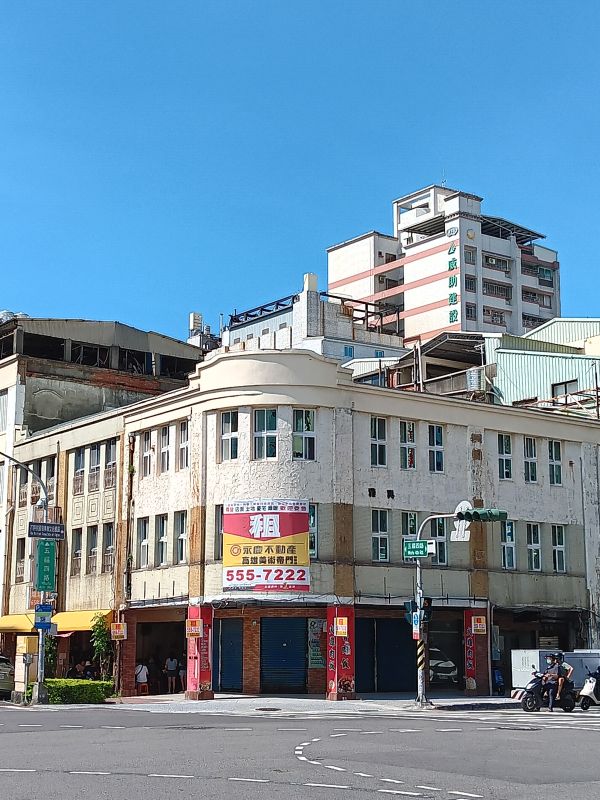
… and discovered an old National Geographic.
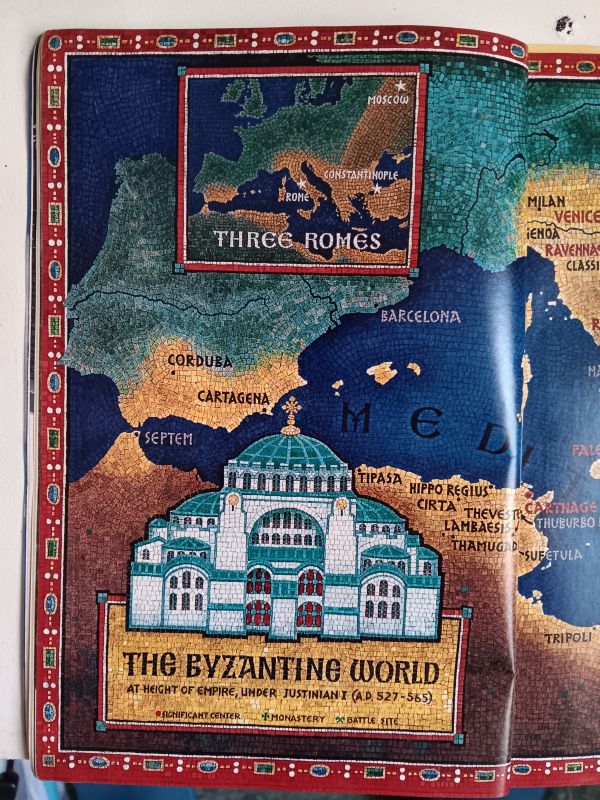
In November, I visited my parents, my sisters, and some friends again in South Africa, and took a few dozen photos of food.

And in December we discovered old buildings and an abandoned factory.

… and put together a photo story of 2025.
______________________
